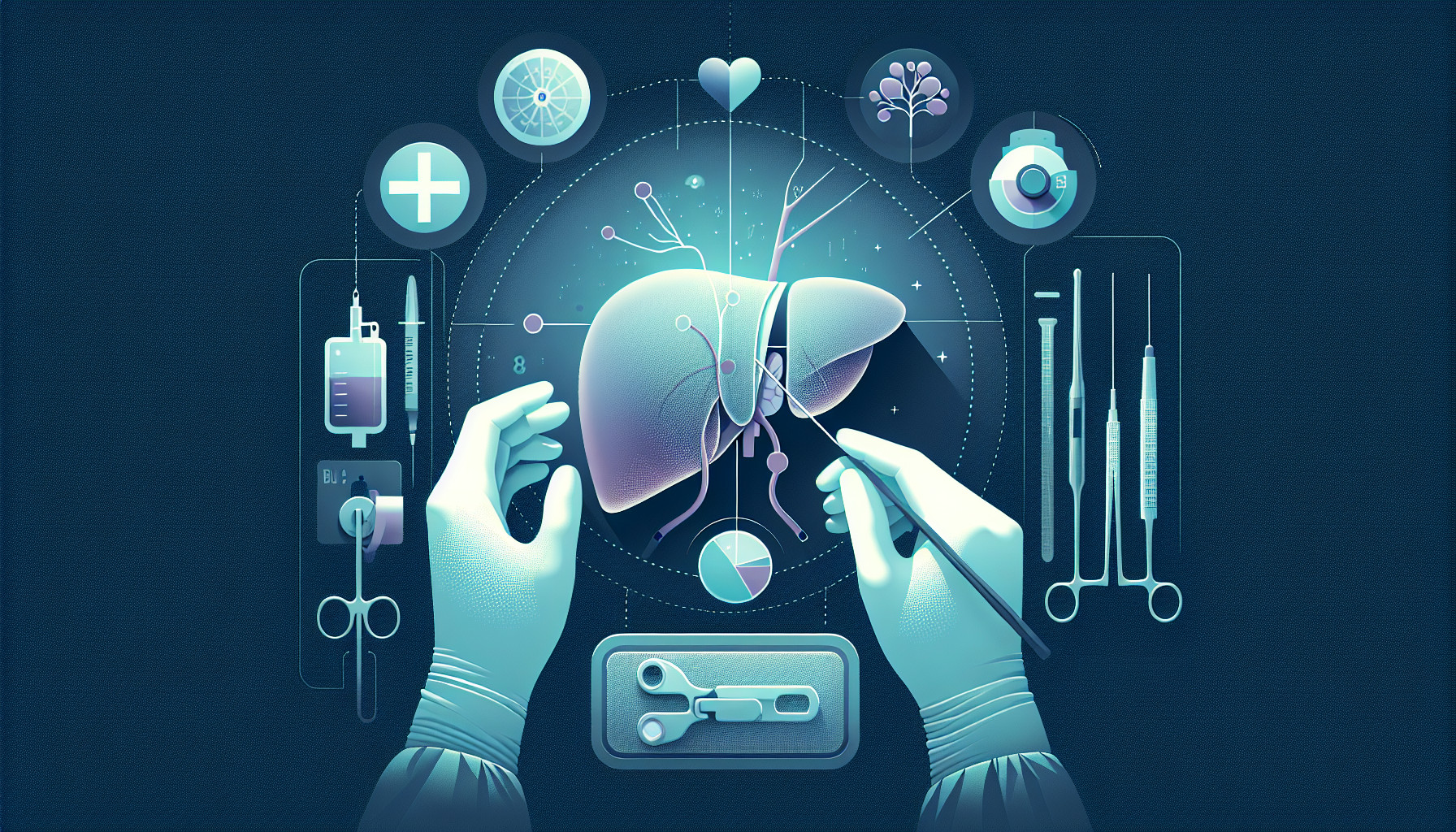Our Summary
This research paper discusses the process of transitioning children who have had liver transplants into adult care. As more children who have had this procedure are living into adulthood, it’s important to ensure a smooth transition to an adult liver specialist. The paper found that the transition period can be risky - some studies found that there are significant risks of complications and death after the transition. One common issue is that young people often don’t stick to their medication schedules, both before and after the transition, which can lead to organ rejection, loss of the transplant, and even death. However, transplant programs that have a structured process for transition tend to have better outcomes. The paper also presents a categorized list of common recommendations on how to improve the transition process. However, the paper notes that each transition program should be tailored to the specific needs of the medical center. The authors suggest that more research is needed in this area, especially studies that compare different transition programs.
FAQs
- What are the risks associated with transitioning pediatric liver transplant patients into adult care?
- How can the transition process from pediatric to adult liver care be improved?
- Why is it important for young people to stick to their medication schedules after a liver transplant?
Doctor’s Tip
One helpful tip a doctor might tell a patient about pediatric liver transplant is to ensure strict adherence to medication schedules before and after the transplant. Missing doses or not taking medications as prescribed can increase the risk of organ rejection and other complications. It is important for patients to understand the importance of following their medication regimen to ensure the success of the transplant. Additionally, working closely with the healthcare team to develop a transition plan from pediatric to adult care can help ensure a smooth and successful transition process.
Suitable For
Patients who are typically recommended for pediatric liver transplant are those with end-stage liver disease, liver failure, or liver-related metabolic disorders that cannot be managed with medication or other treatments. These patients may have conditions such as biliary atresia, metabolic liver disease, acute liver failure, or autoimmune liver disease. Additionally, patients with liver tumors or genetic disorders that affect the liver may also be candidates for liver transplantation. The decision to recommend a liver transplant for a pediatric patient is usually made by a multidisciplinary team of healthcare professionals, including hepatologists, transplant surgeons, transplant coordinators, and social workers, based on the patient’s medical history, overall health, and potential for a successful outcome with a transplant.
Timeline
- Before pediatric liver transplant:
- Diagnosis of liver disease requiring transplant
- Evaluation and assessment for transplant candidacy
- Waiting on the transplant list for a suitable donor
- Pre-operative preparation and education for the transplant procedure
- After pediatric liver transplant:
- Immediate post-operative recovery in the hospital
- Regular follow-up appointments with the transplant team
- Monitoring for signs of organ rejection or complications
- Adherence to strict medication regimen to prevent rejection
- Rehabilitation and physical therapy as needed
- Transition to adult care as the patient reaches adulthood
- Continued long-term follow-up care to monitor for any complications or issues
Overall, the timeline for a patient before and after pediatric liver transplant involves a complex and intensive process of evaluation, treatment, and long-term care to ensure the success of the transplant and the overall health and well-being of the patient.
What to Ask Your Doctor
Some questions a patient should ask their doctor about pediatric liver transplant include:
- What is the success rate of liver transplants in children?
- What are the potential risks and complications associated with pediatric liver transplant surgery?
- How long is the recovery period after a pediatric liver transplant?
- What medications will my child need to take after the transplant and for how long?
- How often will my child need to follow up with the transplant team after surgery?
- What lifestyle changes will my child need to make after a liver transplant?
- How will the transition from pediatric to adult care be handled for my child?
- What support services are available for both my child and our family throughout the transplant process?
- Are there any restrictions on activities or diet that my child will need to follow post-transplant?
- What signs or symptoms should I watch for that may indicate complications or rejection of the transplant?
Reference
Authors: Stevens JP, Hall L, Gupta NA. Journal: Curr Gastroenterol Rep. 2021 Jan 29;23(3):3. doi: 10.1007/s11894-020-00802-1. PMID: 33523312
